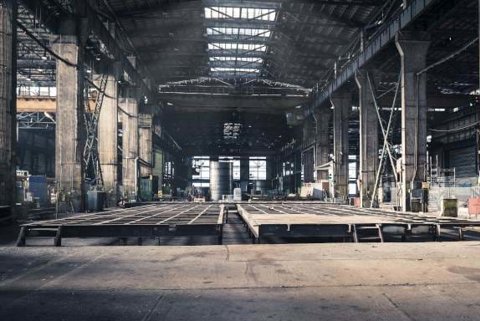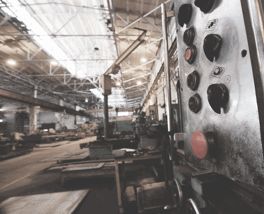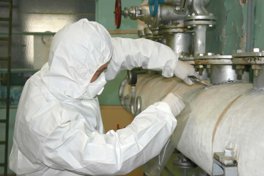How Could I Have Been Exposed to Asbestos?
If you were employed in any capacity in a shipyard, then it’s almost certain that you would have come into contact with asbestos.
Electricians, plumbers, welders, boiler workers, steamfitters, tilers, painters and caulkers would all have been exposed to asbestos dust in the shipyards at some point.
Asbestos materials were used in shipbuilding as it was an excellent insulator, so it would often be applied to pipes, boilers, turbines and many other important pieces of equipment. Asbestos would also often be used to soundproof walls, floors and ceilings.
On ship repairs and refits, old asbestos lagging would be stripped off the boilers and other equipment and pipework, often in confined spaces such as the engine room. Ventilation was often poor in these locations, meaning that the asbestos dust produced by these processes would float around the inside of the ship.
Once the refit had been completed, fresh asbestos lagging would then be mixed, again usually in confined spaces, with the asbestos powder being poured into drums or buckets, creating clouds of asbestos dust. Water would then be added to form a paste and then applied to the pipes.
Caulk which was used to seal cracks contained asbestos until the 1980s, so caulkers would not only have been exposed to asbestos through their own work, but also through the work of those working nearby on the ship.
This was true of most shipbuilding workers. They would often be using or disturbing asbestos themselves while doing their own job, but would also be exposed to asbestos dust from those around them who were doing different jobs at the same time.
Time was always an important factor either when building a ship or doing a refit, so you would have various different tradesmen working at the same time in close proximity to one another and usually in confined spaces to make sure that the job was completed as fast as possible.
As a result, there would often be clouds of asbestos dust caused by the activities of all these workers. The asbestos dust would get into their work clothing, potentially exposing many family members to asbestos when handling and washing work clothing. This is known as Asbestos Secondary Exposure.







